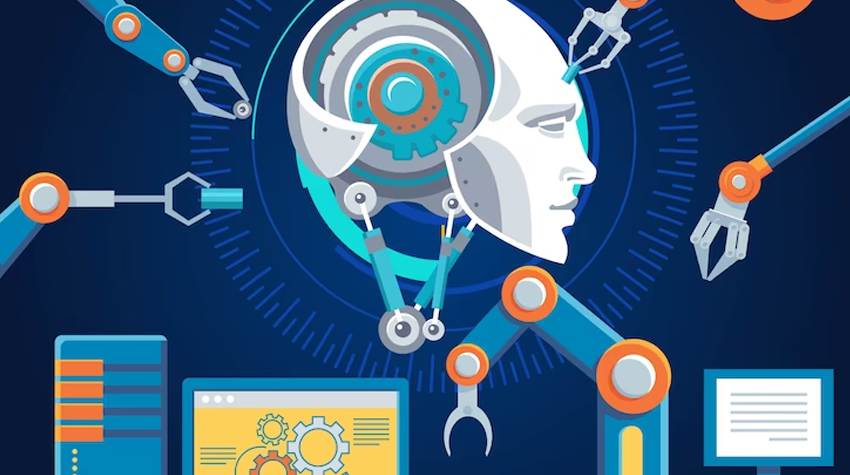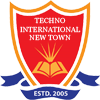Introduction:
The COVID-19 pandemic has disrupted industries worldwide, forcing businesses to adapt rapidly to the new normal. Mechanical engineering, an integral part of the industrial sector, has witnessed a significant digital transformation as a result of the pandemic. The global crisis has accelerated the adoption of technology, reshaping traditional processes and paving the way for a more digitized future. In this blog post, we will explore the pandemic-fueled digital transformation in mechanical engineering and how it has revolutionized the industry.

1. Remote Collaboration and Communication: One of the key aspects of digital transformation in mechanical engineering is the shift toward remote collaboration and communication. With travel restrictions and social distancing measures in place, engineers and experts had to find alternative ways to work together effectively. Digital tools such as video conferencing, collaborative platforms, and cloud-based project management systems have become indispensable for remote teamwork. These technologies have allowed engineers to conduct virtual meetings, share designs, and collaborate on projects from the safety of their homes.
Virtual Prototyping and Simulation: Another area that has witnessed significant transformation is virtual prototyping and simulation. Traditionally, physical prototypes were expensive and time-consuming to build, limiting the scope for experimentation and innovation. However, the pandemic has compelled engineers to explore virtual prototyping and simulation techniques extensively. Advanced computer-aided design (CAD) software, combined with powerful simulation tools, has enabled engineers to create and test virtual prototypes with remarkable accuracy. This shift has not only reduced costs but also accelerated the design iteration process, leading to faster product development.
3. Internet of Things (IoT) and Data Analytics: The Internet of Things (IoT) has played a crucial role in the digital transformation of mechanical engineering. IoT devices embedded in machines and equipment can collect real-time data, enabling engineers to monitor performance, identify issues, and optimize operations remotely. This data-driven approach has empowered predictive maintenance, minimizing downtime and improving overall equipment efficiency. Moreover, the collected data can be analyzed using advanced analytics tools, uncovering valuable insights for process optimization, energy management, and quality control.
4. Augmented Reality (AR) and Virtual Reality (VR) Applications: Augmented Reality (AR) and Virtual Reality (VR) technologies have gained significant traction in mechanical engineering during the pandemic. These immersive technologies have been utilized for remote training, virtual inspections, and maintenance tasks. Engineers can visualize complex machinery and components in a virtual environment, allowing for detailed analysis and troubleshooting. AR and VR applications have also enhanced the training process by providing realistic simulations, reducing the need for physical training setups.
The COVID-19 pandemic has undoubtedly accelerated the digital transformation in mechanical engineering. Remote collaboration, virtual prototyping, IoT, data analytics, and AR/VR applications have become pivotal elements in reshaping traditional processes and paving the way for a more digitized future. As the industry continues to evolve, it is essential for aspiring mechanical engineers to stay updated with the latest trends and developments.
In this era of digital transformation, it is crucial to receive quality education that equips aspiring engineers with the necessary skills and knowledge. One institution that recognizes the significance of digital transformation in engineering is TINT (The Institution of Engineers and Technicians). TINT is dedicated to providing a comprehensive and industry-aligned curriculum that prepares students for the digital future of mechanical engineering. By emphasizing emerging technologies, practical training, and hands-on experiences, TINT ensures that its students are equipped to thrive in the ever-evolving engineering landscape.
With a focus on fostering creativity, critical thinking, and innovation, TINT empowers students to become proficient in digital tools and techniques that are essential for success in mechanical engineering.

